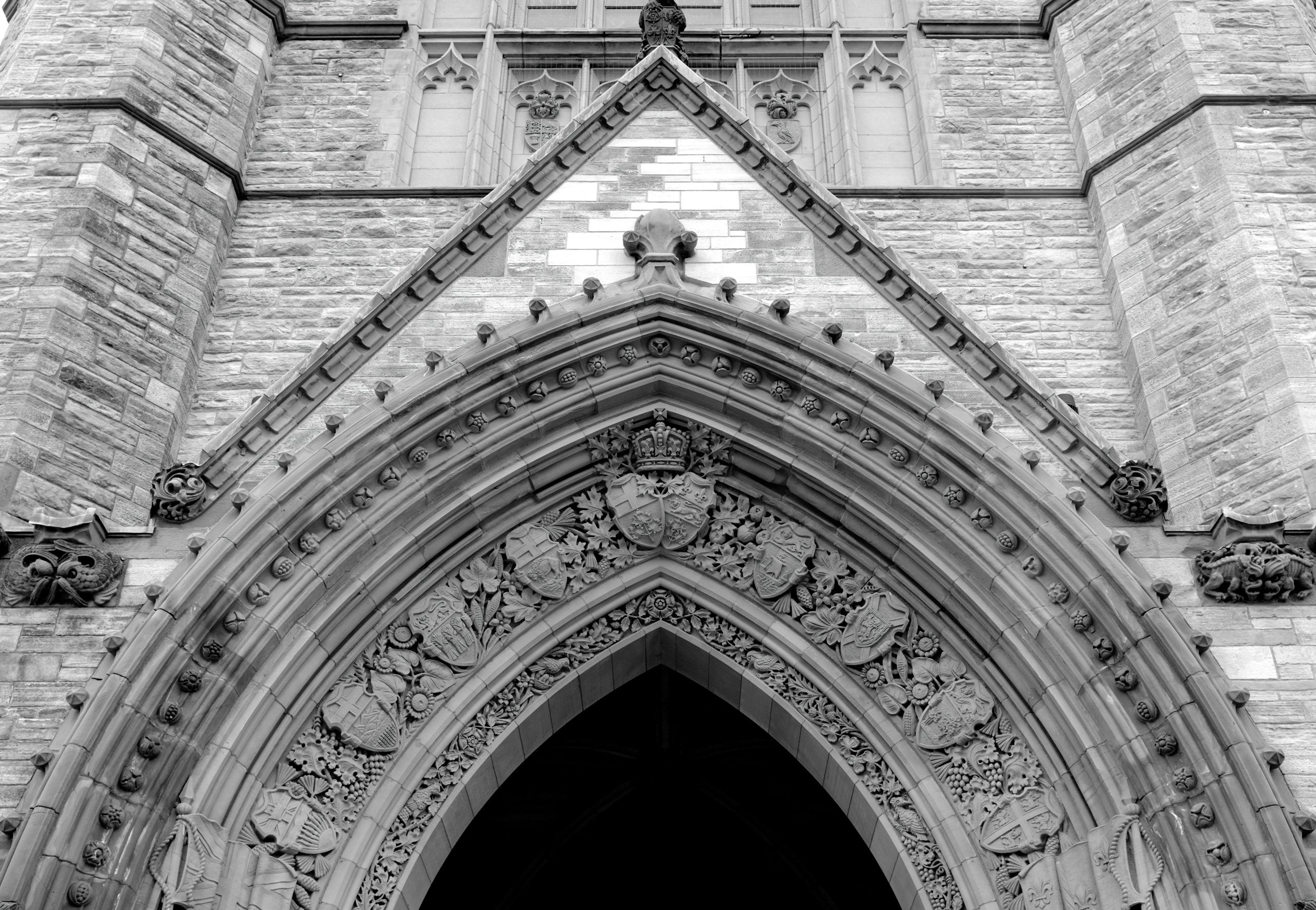Restitution for Historical Wrongs in Modern Courts
In recent years, there has been a growing movement for restitution for historical wrongs in modern courts. This movement seeks to hold individuals and institutions accountable for their past actions and to provide redress for the victims of historical injustices. From colonialism and slavery to more recent events such as segregation and the Holocaust, many groups and individuals have suffered at the hands of those in power. Their descendants and communities continue to feel the effects of these injustices today. In this article, we will explore the concept of restitution for historical wrongs and its significance in modern courts.
The History of Restitution
Restitution has a long history dating back to ancient civilizations such as Babylon and Mesopotamia. It has been used as a form of justice for victims of crimes and abuses, as well as a means of punishment for the perpetrators. In the past, restitution often involved monetary compensation or physical reparations, such as returning stolen property or providing land to those who had been displaced.
Restitution for historical wrongs stems from the idea that past injustices should be addressed in the present in order to promote healing and reconciliation. It differs from other forms of restitution in that it seeks to address systemic and widespread injustices that have impacted entire communities or groups of people.
Challenges and Hurdles to Restitution
Roadblocks to Justice
One of the main challenges facing the pursuit of restitution for historical wrongs is the legal system itself. Many obstacles, such as statutes of limitations and legal technicalities, prevent individuals and communities from seeking justice for past injustices. For example, in the United States, the doctrine of sovereign immunity often prevents lawsuits against the government for past wrongdoings.
Moreover, the law is often not equipped to handle cases of historical wrongs. These issues often involve complex historical and social contexts that are difficult to prove in a court of law. This can lead to challenges in establishing legal standing and proving causation, both of which are essential in seeking restitution.
Resistance and Denial
Another hurdle to obtaining justice for historical wrongs is resistance and denial from those who are responsible for the injustices. In many cases, the perpetrators of these wrongs are long gone or deceased, making it difficult to hold them accountable. Additionally, there is often a lack of acknowledgment and accountability from current institutions and governments that were complicit in past wrongs.
Furthermore, denial from the wider society and those who have benefited from these injustices can also hinder efforts for restitution. This denial can take various forms, such as minimizing the impact of past wrongs or refusing to accept responsibility for them.
The Significance of Restitution in Modern Courts
Healing and Reconciliation
One of the main reasons for seeking restitution for historical wrongs is to promote healing and reconciliation. For many individuals and communities, the effects of past injustices continue to reverberate through the generations. Restitution can help to address these ongoing issues and provide closure for those who have been affected. It can also contribute to healing and reconciliation by acknowledging and validating the experiences of victims and their descendants.
Accountability and Prevention
Restitution also plays a crucial role in holding individuals and institutions accountable for their actions. By seeking justice for historical wrongs, we can create a sense of responsibility and ensure that these injustices are not repeated in the future. It also sends a message that impunity will not be tolerated and that those who perpetrate gross human rights violations will be held accountable for their actions.
Challenging Systems of Oppression
Restitution for historical wrongs also has the potential to challenge and dismantle systems of oppression. By acknowledging and providing redress for these wrongs, we can begin to rectify the power dynamics that have led to these injustices. It can also bring to light the ongoing effects of past wrongs and the need for systemic change to address them.
Conclusion
Restitution for historical wrongs in modern courts is a complex and challenging process, but it is necessary for promoting justice and healing in our society. By addressing past injustices and holding those accountable, we can work towards a more just and equitable future for all individuals and communities. Moreover, restitution serves as an important reminder of the lasting impact of historical wrongs and the need for continued efforts towards reconciliation and systemic change.










